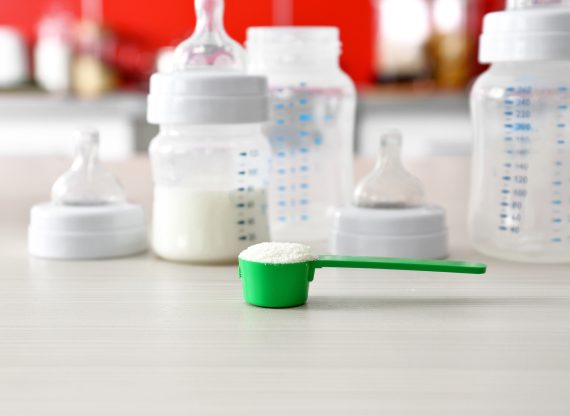Feeding Babies Should Be the Policy

This week has been a big one for new parents. First the good news: Researchers may have identified the cause of sudden infant death syndrome, or SIDS. Next, the bad news: There is a shortage of baby formula in the United States that has the potential to be devastating.
Certain retailers are already reporting that 40% of the top-selling brands were not available toward the end of April. Before a certain age, babies cannot be fed anything other than human milk or specially fortified formulas prepared in aseptic conditions. Thus, babies who are not breastfed, for whatever reason, need formula. In addition, there aren’t many specialty formulas on the market for babies with allergies or sensitivities.
Supply chain issues stemming from COVID-19 restrictions take some of the blame for this, but good old-fashioned protectionist policies are also to blame. First, tariffs of up to 17.5%, and tariff-rate quotas, have contributed to very low levels of imports. Second, burdensome regulatory barriers act as non-tariff trade barriers and make it difficult to obtain more formula or incentivize businesses to sell to American vendors.
The negative impact of this crisis is potentially huge—and the lessons to be drawn from it are important. Crucially, governments need to learn that there are very real consequences to their interventionist policies, and although unintended, these may turn out to be catastrophic.

